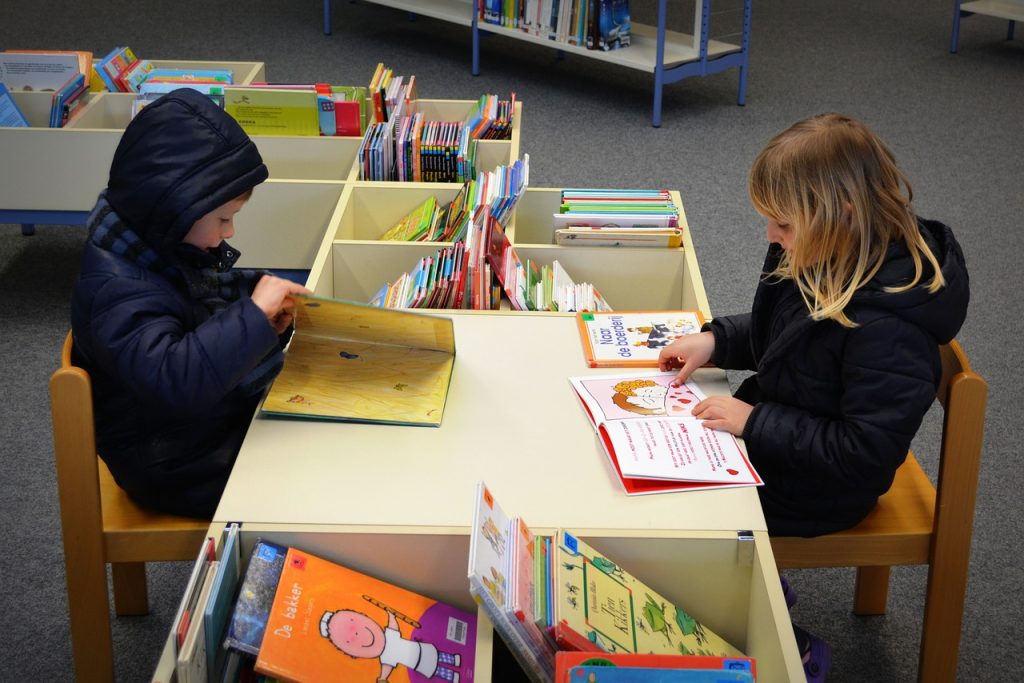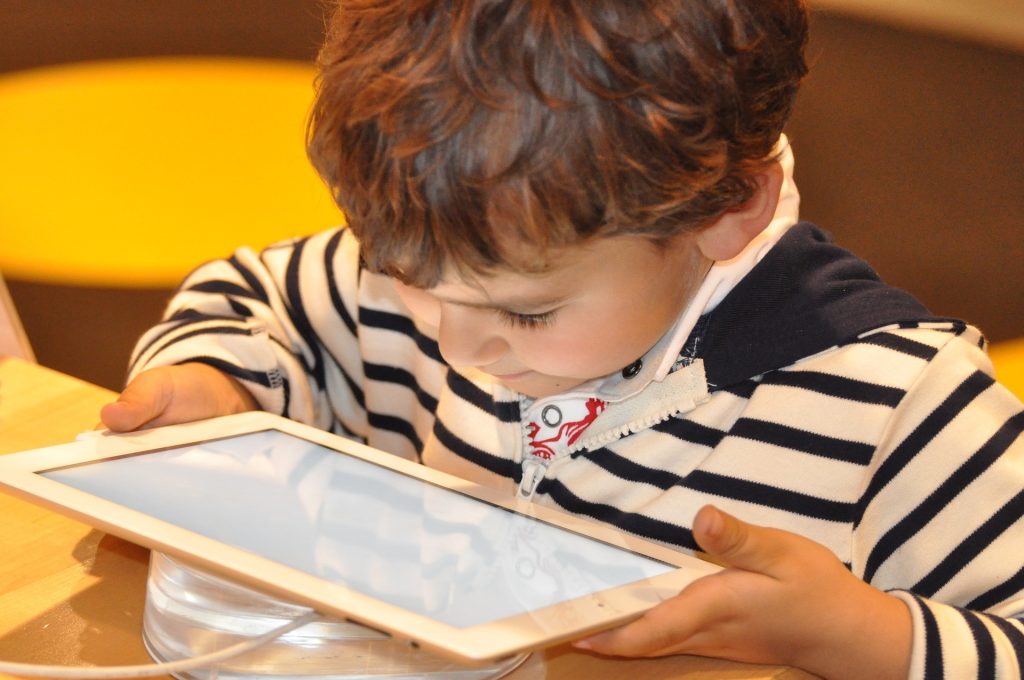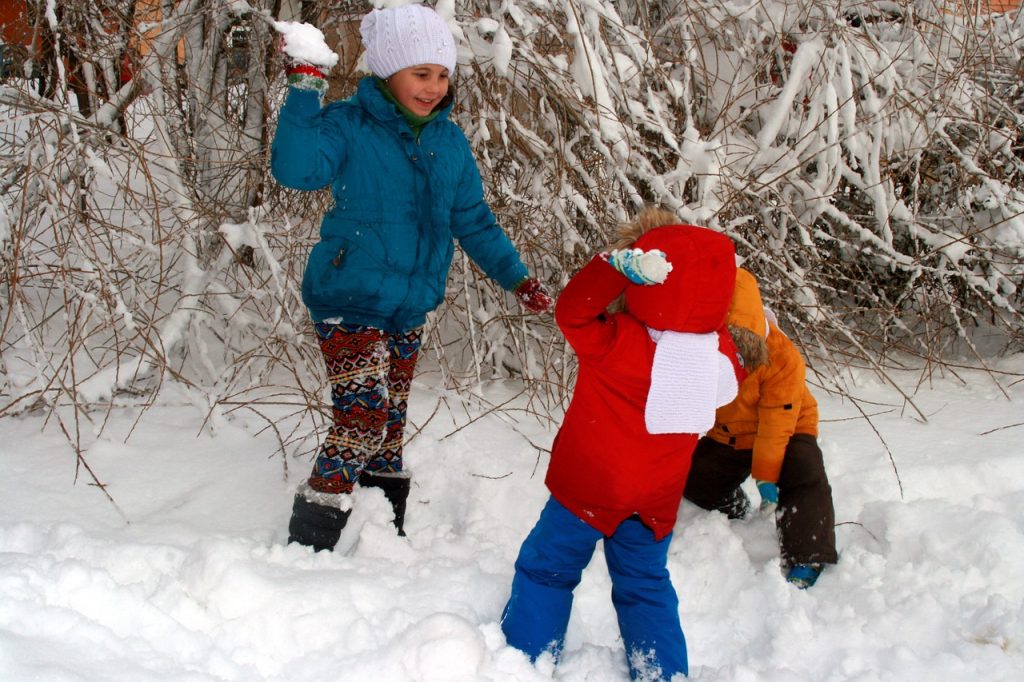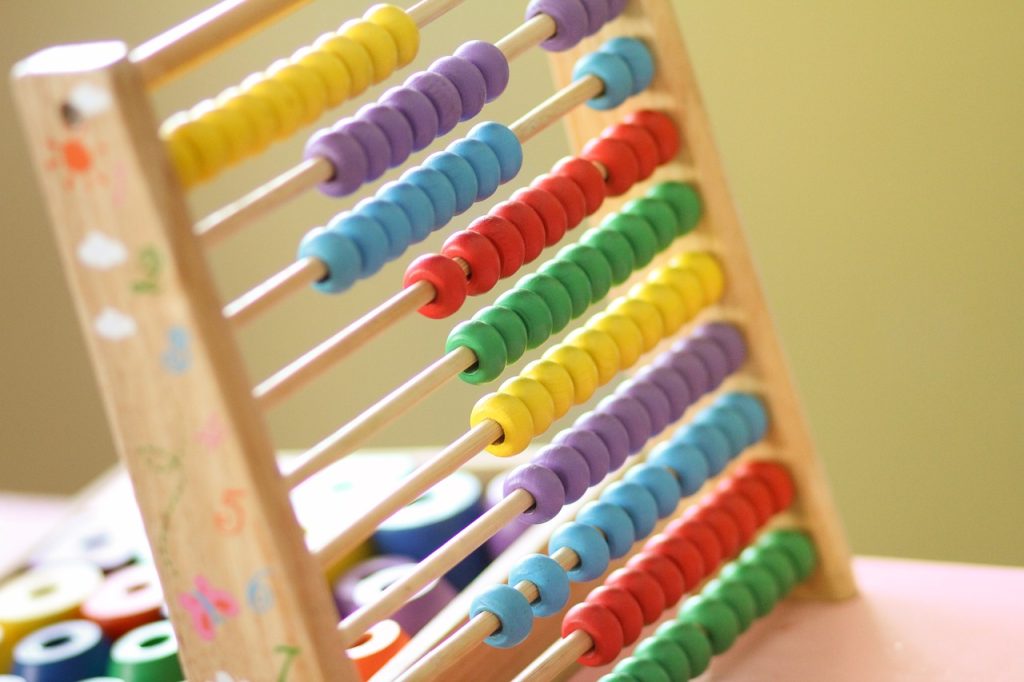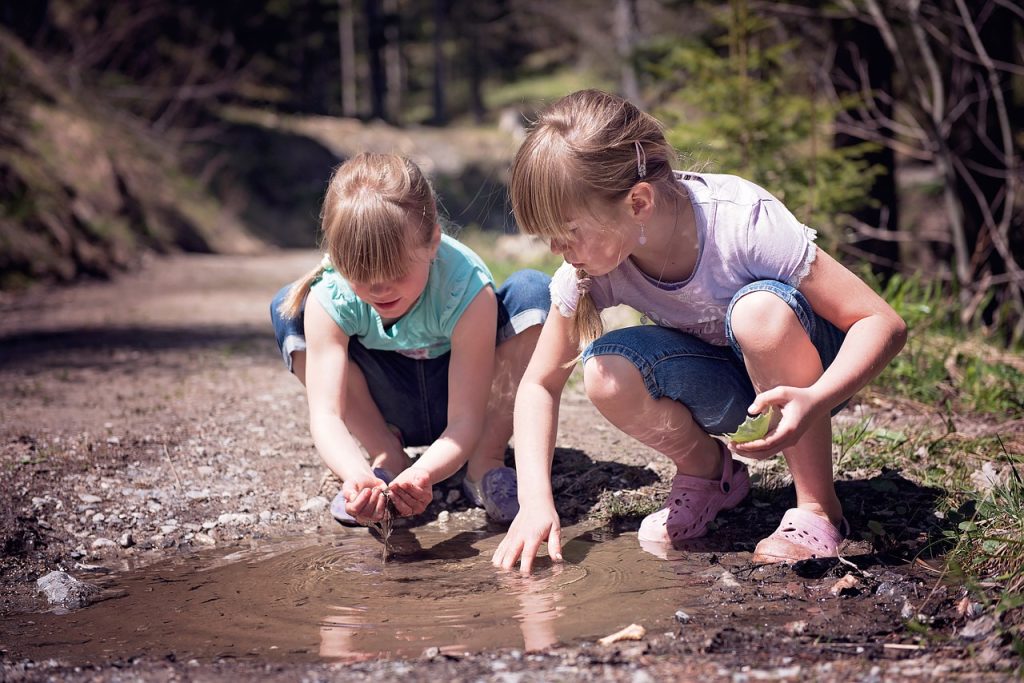
It’s never too early to begin teaching children about nutrition and healthy eating. Parents are typically the ones to begin establishing healthy eating habits for the whole family but whilst parents are at work, it’s nanny who can help to build upon this foundation and encourage children to continue eating healthily.
It’s normal for everyone, children included, to develop the occasional craving for something sweet, junk food and fast food. Think about it, how many times have you taken your child for a happy meal because it’s cheap and easy?
There’s nothing wrong with it, in moderation. But it’s also important to teach children how to moderate their cravings and why they should.
Continue reading “How Nannies Can Help Teach Children About Nutrition”

